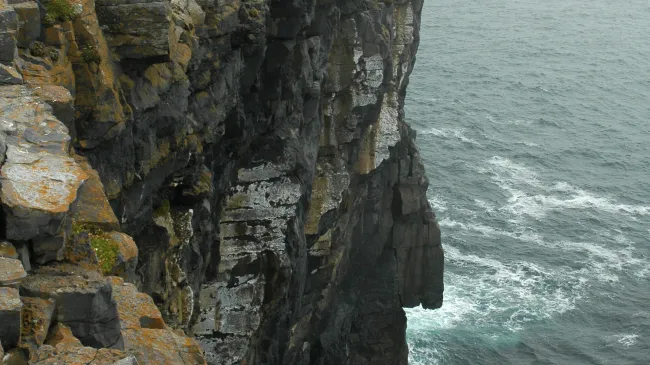Deficits Do Matter
The United States faces a situation that resembles the late 1970s when the world began to abandon the dollar and liquidate American investments, writes Hans Sennholz. It took two years of Federal Reserve inactivity and 20 percent interest rates to restore foreign confidence and lure foreigner investors and creditors back.









